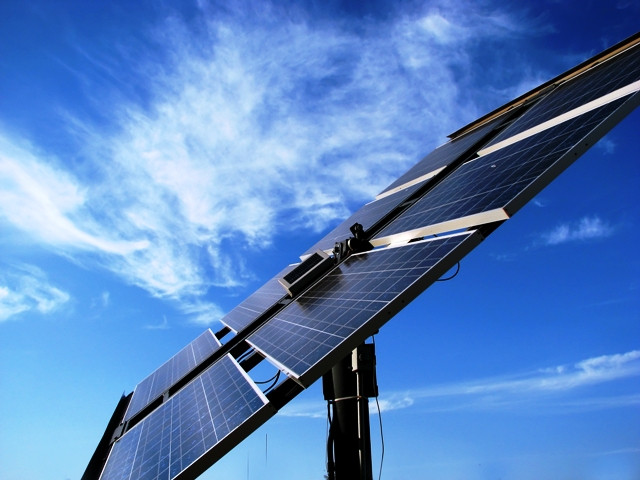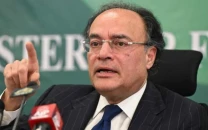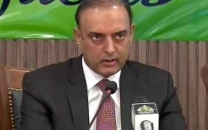Govt decides to tighten solar net metering rules
DISCOs will pay only Rs10 per unit to solar meter owners compared to existing Rs27 per unit

The government has decided to tighten regulations for solar net metering users in a second attempt, after the first one faced a strong backlash and was blocked by Prime Minister Shehbaz Sharif.
Under the new plan, the government will abolish the zero-bill facility for solar net metering by introducing various measures. Additionally, consumers will be allowed a sanctioned load of 1.0x, down from the current load of 1.5x. This means they will be forced to switch to hybrid solar systems by using lithium batteries.
Under the current net metering system, the consumers share electricity with power distribution companies (DISCOs) at a buyback rate of Rs27 per unit. However, as part of the new plan, the government is seeking to end this electricity sharing system and DISCOs will pay only Rs10 per unit to the rooftop solar owners who have a net metering system.
Experts believe this will lead to an additional expenditure of $1 billion on the import of lithium batteries every year.
The plan was discussed during a meeting held between different stakeholders and power ministry officials. Power Division minister chaired the huddle.
The Power Division has proposed several measures that will kill the spirit of net metering. According to the proposed plan, the concept of net metering has been abolished and a new concept of net billing with a revised buyback rate is being introduced.
This means there will be no exchange of electricity units; rather DISCOs will pay a reduced buyback rate of Rs10 to consumers instead of the existing Rs27 per unit.
At present, DISCOs offer a credit billing facility on a quarterly basis, which is being abolished. In its place, a cash facility will be available for the excess electricity exported to the national grid by the solar meter owners and the time period has been reduced to a monthly basis.
However, no change has been proposed in the categories of consumers as commercial, domestic and all other consumers will be eligible to take benefit of the new policy. The contract period for a licence has been reduced from seven years to five years. Meanwhile, Federal Minister for Energy Awais Ahmad Khan Leghari, in a statement, said that the government was not abolishing the net metering policy, but was considering changing its current mechanism to a more effective, transparent and sustainable model.
He recalled that in 2017-18 he himself played a key role in introducing net metering and at that time the system was in its infancy. "Now, the scope of net metering has expanded and it is having a serious impact on the grid, which must be addressed in a timely manner."
He stressed that the government did not intend to harm any consumer or business, but all decisions were being taken while keeping in mind the national interest and long-term sustainability of the energy system.
"If we mention the purchase of units, then this is also being considered and there is talk of bringing it to the energy purchase price, so that the system automatically adjusts with fluctuations in rates. All these suggestions are under consideration," the minister said.
He pointed out that if the payback period for net metering customers was about three years or less, it would be suitable for any investment. "If a customer is consuming 40% of the electricity himself, the return of money in three years is an acceptable business model. These reforms are not a deterrent, but a step towards a better, balanced and sustainable system," he added.
During the meeting, the energy minister presented a comprehensive outline of the ongoing energy reforms. In this regard, the government has eliminated 9,000 megawatts of expensive and unnecessary projects, which were a burden on the system.
He said that a levy was imposed on the captive power consumers to bring them back to the grid, which resulted in an increase in electricity demand. Since June 2024, the cross-subsidy given to the industry has reached Rs174 billion, which has reduced industrial tariffs by 31% and caused a significant rise in industrial consumption.























COMMENTS (2)
Comments are moderated and generally will be posted if they are on-topic and not abusive.
For more information, please see our Comments FAQ